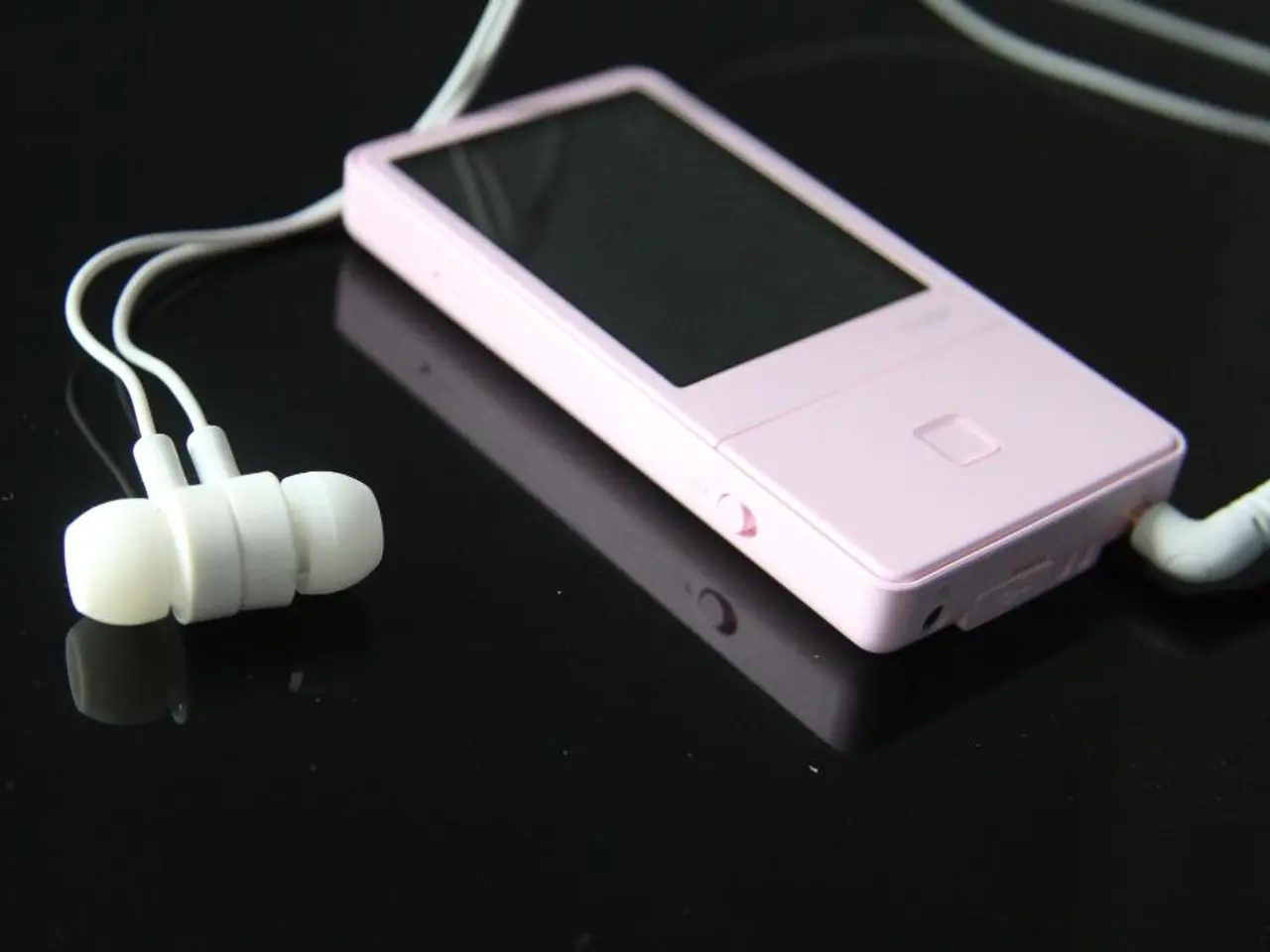Quick-charge ultrasound device enables battery replacement for implants, bypassing surgical intervention in less than two hours.
A groundbreaking ultrasound-based wireless charging system for implantable medical devices has been developed by a team at DGIST (Daegu Gyeongbuk Institute of Science and Technology) in South Korea. This technology aims to address concerns about repeated surgeries posed by the need to replace implant batteries, potentially revolutionizing the field of implantable medical devices.
The system, which charges implants faster than any previous method, even with tissue between the charger and device, is based on a novel dual-layer piezoelectric energy harvester. This "sandwich-structured" harvester, consisting of two stacked piezoelectric layers, captures incoming ultrasound waves and converts them into electrical energy, with the second layer collecting residual ultrasound energy to generate additional power.
In tests, the system achieved a power density of 497.47 milliwatts per square centimeter in water and a total output of 732.27 milliwatts. In the first test, a 140mAh commercial battery was fully charged in 1 hour and 40 minutes using an underwater setup at a 30mm distance. In the second test, a 60mAh battery was charged in 1 hour and 20 minutes using pig tissue of the same thickness to simulate human anatomy.
These results are considered world-class, with the power output achieved being more than double that of previously reported ultrasound charging systems. The development of this technology is significant due to the increasing demand for implantable medical devices worldwide, and it has the potential to reduce health risks and discomfort associated with repeated surgeries for implant battery replacement.
If successful, this technology could eliminate the need for repeated surgeries, significantly reducing risk and discomfort for patients. The team aims to commercialize the technology with further improvements, targeting a system capable of fully charging within one hour by combining this ultrasound-based wireless charging technology with high-efficiency semiconductor components.
The study on the ultrasound-based wireless charging system is published in the journal "Biosensors and Bioelectronics". This technology represents a major advance in prolonging the lifespan and usability of implantable medical devices while minimizing patient risk, and it could potentially improve patient safety and quality of life by reducing the need for repeated surgeries for implant battery replacement.
This groundbreaking innovation, published in the journal "Biosensors and Bioelectronics", utilizes science and technology to develop an ultrasound-based wireless charging system for implantable medical devices. The system, based on a novel dual-layer piezoelectric energy harvester, charges implants more effectively than prior methods, even with tissue present. With a power output over double that of previously reported ultrasound charging systems, this technology has the potential to revolutionize the medical-conditions field and promote health-and-wellness by significantly reducing the need for risky and uncomfortable repeated surgeries for implant battery replacement.




